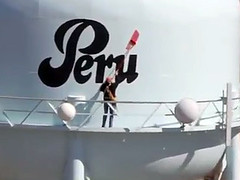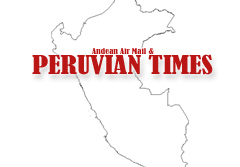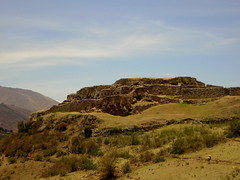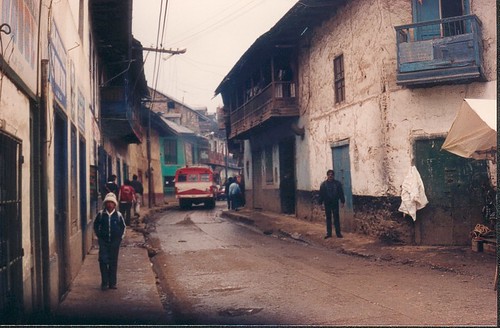Origin of Peru
The Spanish had explored Central America and were engaging in expeditions reaching out south-wards along the pacific coast. One ship sailed down past the equator where eventually it reached the mouth of a river. There, the Spaniards on the ship noticed a native man fishing on the coast. Four of the strongest fastest Spanish disembarked some way away while the ship continued and stopped directly off the coast in front of the fisherman. Never having seen anything so strange and wonderful before, the fisherman was transfixed, staring at the ship not paying attention to his surroundings.
The four Spaniards swept up behind him and swimming, dragged him back to the ship as a prisoner. The Spanish, taking full advantage of the fact the man would be terrified of these strange men with beards and different clothes, immediately began to interrogate him with hand signals and single words. They asked what land this was and what was it called. This fisherman, understanding that the strange words of the Spanish and the hand signals they were making were questions, tried to answer quickly, before they did something bad to him. He tried to guess what the two questions he was being asked meant and responded Berú… Pelú, attempting to say and explain; “If you are asking me what I am called, I say Berú, and if you are asking me where I was, I say I was in the pelú”, which in the local language meant river.
The Spanish, thinking the native man had understood them perfectly as if he spoke Spanish, and hearing little difference between the two words spoken by him, from around 1515/1516 referred to the area south of the equator as “Perú” a mix of the two. As the Spanish moved south they repeatedly used the name in reference to the lands they conquered, leaving the natives bemused, who among them spoke more than 700 languages.
This story is true, according to Garcilaso de la Vega a half Spanish, half Inca writer from the 16th century, deserving enough of a separate blog entry at some point in the future.
Tags: 1500s, garcilaso de la vega, spaniards






![A Peruvian chicken love story [Featured]](http://farm4.static.flickr.com/3588/3387667757_61e4999bae_m.jpg)


